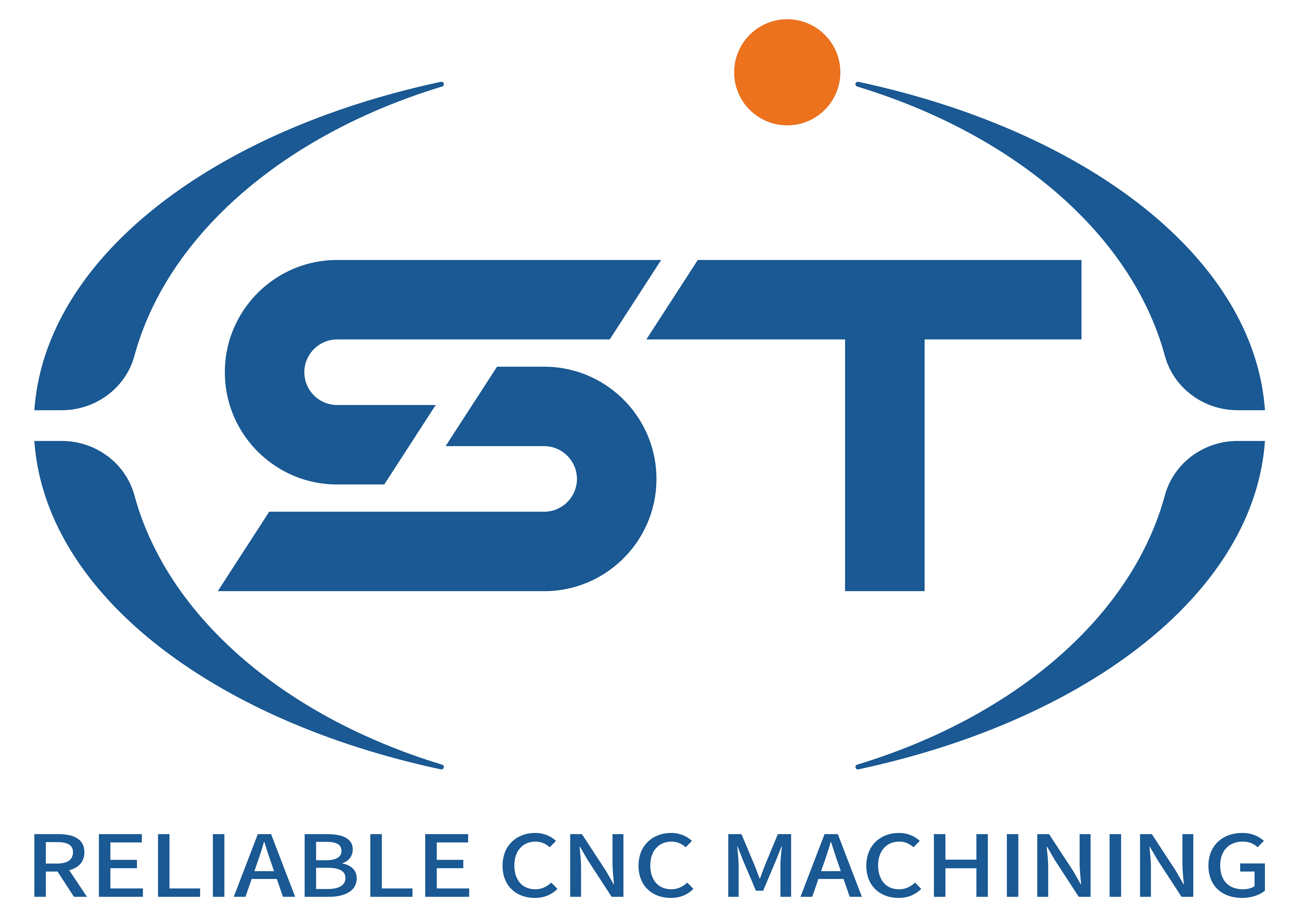Functional Features of CNC Drilling Machines for Automotive Component Manufacturing
CNC drilling machines play a critical role in automotive part production by delivering precision, efficiency, and repeatability in hole-making operations. These systems are engineered to handle the diverse drilling requirements of automotive components, from engine blocks to chassis parts, ensuring that holes meet exacting standards for location, diameter, and surface finish.
Inhoudsopgave
SchakelaarHigh-Precision Hole Positioning and Alignment
Automotive components often require holes to be drilled in specific locations with minimal deviation to ensure proper assembly and functionality. CNC drilling machines utilize advanced servo motor systems and linear guides to achieve sub-micron positional accuracy, ensuring that holes align perfectly with mating parts such as bolts, pins, or fluid passages. For example, when drilling holes for cylinder head bolts in an engine block, even a slight misalignment can lead to uneven clamping force, causing gasket leaks or engine failure. CNC drilling machines use digital positioning systems to maintain consistent hole spacing and perpendicularity, even across large workpieces.
Multi-Axis Control for Complex Drilling Paths
Many automotive parts feature holes that are not aligned with the primary axes of the workpiece, such as angled oil gallery holes in crankshafts or cross-drilled passages in transmission housings. CNC drilling machines with multi-axis capabilities can rotate the workpiece or the spindle to drill these holes at precise angles without repositioning the part manually. This reduces setup time and eliminates alignment errors that could occur during manual reorientation. For instance, a 5-axis CNC drilling machine can drill a series of angled holes in a differential housing in a single setup, ensuring that all passages intersect correctly for optimal lubrication flow.
High-Speed Drilling for Efficient Mass Production
The automotive industry demands high throughput to meet production volumes, making drilling speed a critical factor. CNC drilling machines are equipped with high-speed spindles capable of rotating at tens of thousands of RPM, enabling rapid material removal and reducing cycle times. These spindles are often paired with rigid tooling systems, such as HSK or CAT tool holders, to minimize vibration and ensure consistent hole quality at high speeds. For example, when drilling multiple holes in a brake rotor blank, a high-speed CNC drilling machine can complete all operations in seconds, maintaining tight tolerances for hole diameter and depth across hundreds of parts per shift.
Advanced Coolant Delivery Systems for Improved Tool Life
Drilling at high speeds generates significant heat, which can accelerate tool wear and affect hole quality. To mitigate this, CNC drilling machines incorporate advanced coolant delivery systems that direct high-pressure coolant precisely to the cutting edge of the drill bit. This not only reduces heat buildup but also flushes away chips, preventing clogging and reaming of the hole. For automotive applications involving tough materials like cast iron or hardened steel, such as drilling holes in a connecting rod, high-pressure coolant systems extend tool life and ensure consistent hole dimensions throughout long production runs.
Automated Tool Changing for Uninterrupted Production
Automotive manufacturing often involves drilling multiple hole sizes or types on the same part, requiring frequent tool changes. CNC drilling machines automate this process with tool magazines and automatic tool changers (ATCs) that can swap drill bits or specialized tools in seconds without operator intervention. This capability is particularly valuable for components like engine blocks, which may require dozens of holes of varying diameters and depths. By eliminating manual tool changes, CNC drilling machines reduce downtime and minimize the risk of human error, such as installing the wrong tool or misaligning it during setup.
In-Process Measurement and Quality Control
To ensure that every hole meets specifications, many CNC drilling machines integrate in-process measurement systems, such as laser or touch-probe sensors, that verify hole diameter, depth, and position during machining. If a hole deviates from the programmed parameters, the machine can automatically adjust cutting conditions or halt production for inspection. For example, when drilling a critical oil passage in a camshaft, an in-process measurement system can detect if the hole is undersized or off-center, triggering an alert to prevent defective parts from reaching assembly. This level of quality control is essential for automotive components that must function reliably under extreme conditions.
Flexibility for Diverse Part Geometries
Automotive parts come in a wide range of shapes and sizes, from flat panels to complex 3D structures. CNC drilling machines are designed to accommodate this diversity through adjustable workholding systems, such as modular fixtures or vacuum tables, that securely hold parts of varying geometries during drilling. Additionally, their programmable nature allows manufacturers to quickly switch between different part designs by loading new CNC programs, making them ideal for low-to-medium volume production or custom applications. For instance, a CNC drilling machine can be reprogrammed to drill holes in a new suspension component design without requiring significant mechanical modifications to the machine.
Support for Specialized Drilling Processes
Beyond standard drilling, automotive manufacturing sometimes requires specialized processes like peck drilling, deep-hole drilling, or counterboring. CNC drilling machines can be configured to perform these operations by adjusting cutting parameters, such as feed rate, spindle speed, and peck depth, or by integrating specialized tooling like gun drills for deep holes. For example, when creating a long, straight oil passage in a crankshaft, a CNC drilling machine can use a gun drill with internal coolant delivery to achieve a high aspect ratio hole with minimal deviation, ensuring proper lubrication flow to the bearings.
By combining precision, speed, automation, and flexibility, CNC drilling machines are indispensable tools in automotive component manufacturing, enabling the production of high-quality parts that meet the industry’s rigorous standards for performance, durability, and safety.




